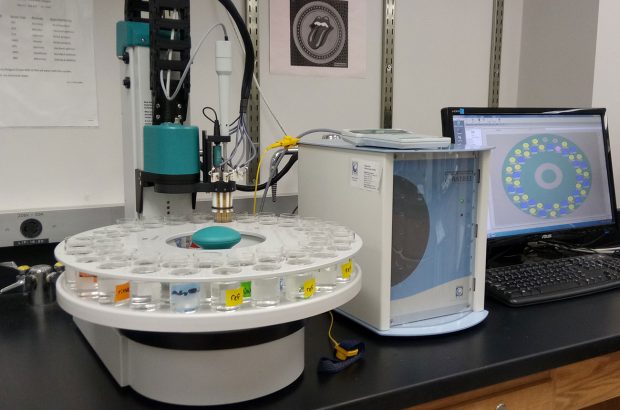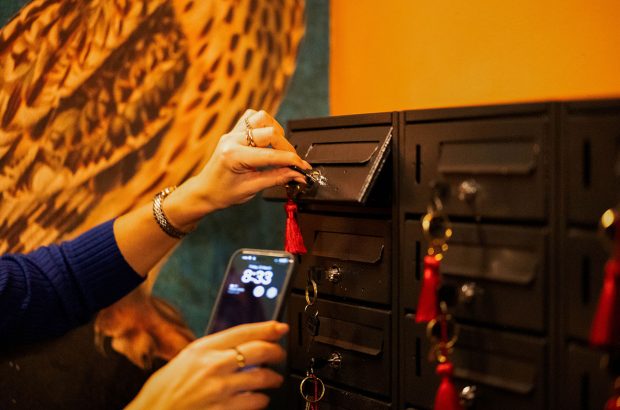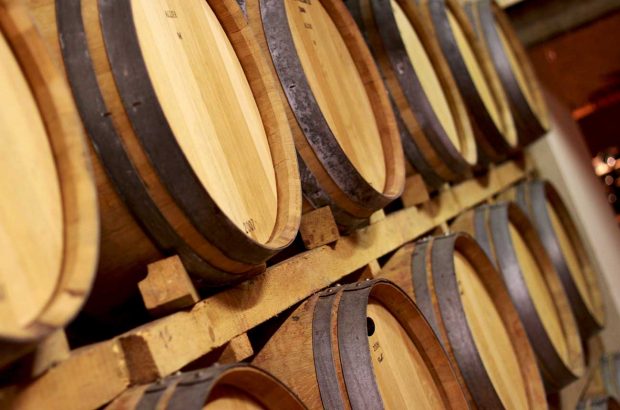A judge has approved liquidation of Copia under bankruptcy laws.
The doomed food, wine and arts centre’s CEO Garry McGuire resigned in mid December, and on 9 January a judge approved liquidation.
Copia will try to liquidate its assets, pay employees’ wages, then create a plan to transform the real estate and remaining assets into a for-profit enterprise.
Copia has liabilities of at least US$78m. The liquidation plan calls for Bank of New York to foreclose on Copia’s main asset — its building and land in downtown Napa — and other fixtures, furniture, and trademarks.
A Los Angeles private capital firm, PSC Asset Management (part of Pacific Star Capital) offered $28m for the real estate – a long way from the $64 million guaranteed. Observers think even that is optimistic in today’s economy.
There’s no sign yet of what the building might be used for, though suggestions range from a retail mall to a conference center. A Ritz Carlton hotel is planned on adjoining property, but that seems stalled by the economy at present.
At the time of closure, McGuire told decanter.com the non-profit corporation was seeking permission to continue to pay remaining employees while a six-month re-organization plan was implemented.
The idea was to sell Copia’s land and then lease the facility from the buyer and continue wine and food education programmes in Napa.
McGuire was also considering opening a new campus in San Francisco.
Copia’s website reveals only that it ‘has filed for Chapter 11 Bankruptcy and is currently not open for business, visitation or future bookings’.
Written by Paul Franson in Napa and Tim Teichgraeber in San Francisco




